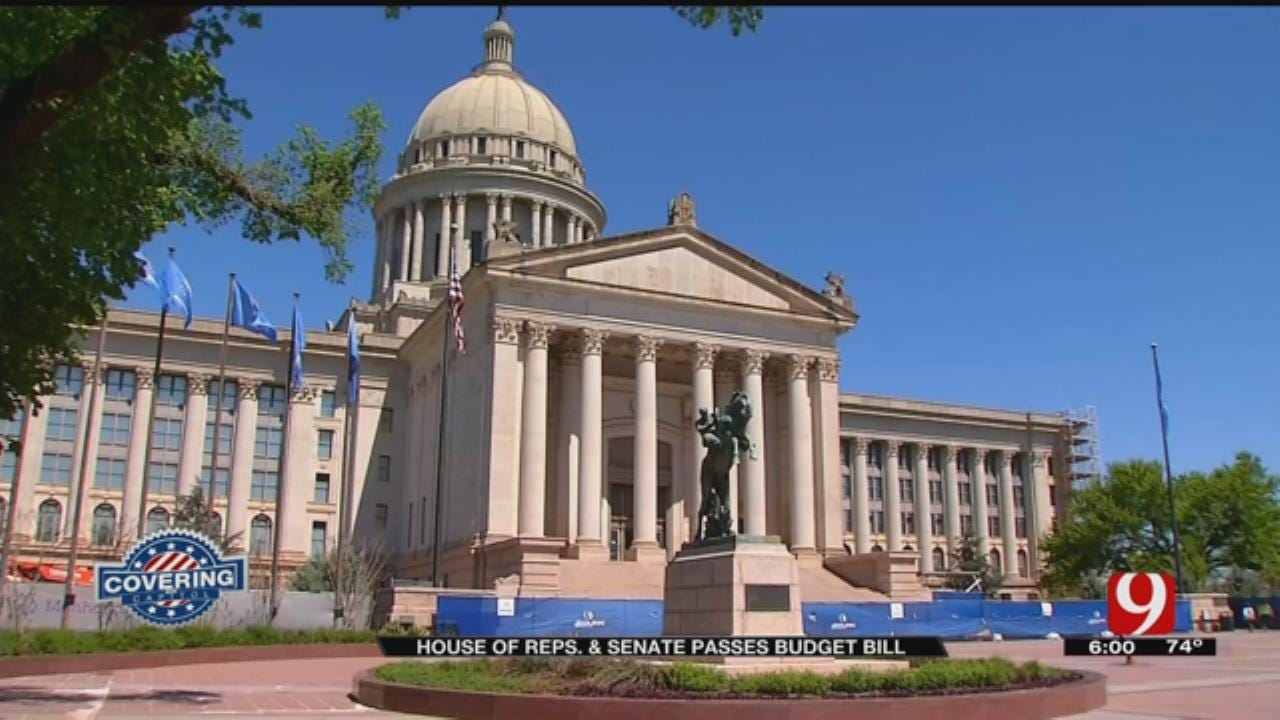State Legislature Reaches Agreement
<p>The state Senate passed a bill to bridge the state’s $215-million budget gap. </p>Friday, November 17th 2017, 7:12 pm
The state Senate passed a bill to bridge the state’s $215-million budget gap. It’s the same bill passed by the House of Representatives earlier this week. It preserves crucial services, but it also digs the state deeper into a financial hole next year.
“So here we find ourselves with a bill that I don’t think anybody in this chamber likes. I know I don’t,” said Senator Michael Bergstrom (R) Craig moments before the bill passed.
It’s been a long eight weeks since the governor called a special session to bridge a budget gap caused when lawmakers passed an unconstitutional tobacco tax. Since then, they have worked to bridge the gap, or, we were told, services would be cut; hitting especially hard the mentally ill, the handicapped and the elderly.
Read Related Story: Parents Of Special Needs Children Bracing To Lose Support From State
Those who opposed the bill said lawmakers could do better.
“You’re dividing us because you’re telling us that those of us that don’t vote for this today do not care about the people in the nursing homes. And we do. We do. We want a better nursing home. We want better services,” said Senator Jason Smalley (R) District 28.
The bill cuts $60-million from dozens of agencies. It also takes money from revolving funds, which are funds collected by agencies throughout the year and the rainy-day fund. That leaves the state about a half-billion dollars in the red next year, with little cash to bridge the gap.
Read Related Story: Budget Bill Would Tap Into Unclaimed Property
“Next session does not look good from here. We’re in a hole but that’s not new though. Unfortunately,” said Senator Greg Treat (R) Majority Floor Leader.
The state House of Representatives gaveled out before the Senate voted, essentially forcing the Senate to pass the bill or be called back into session again.
“If you ever ever want a better relationship with this body do not do something like that again. That was rude and that was unprofessional,” Smalley said.
Lawmakers will now go home till February, then work on ways of cutting costs and raising revenue next year.
“People love to say we have a spending problem. We don’t have a revenue problem. I’m here to say that is, you’re wrong,” said Senator Kim David (R) Appropriations Chair.
The bill is now in the hands of the governor. She isn’t saying whether she will pass it or veto it. Legislative leaders say she backed it during negotiations, but she has also said she doesn’t want a plan filled with one-time money like this one has.
More Like This
November 17th, 2017
November 13th, 2024
October 28th, 2024
Top Headlines
March 14th, 2025
March 14th, 2025













